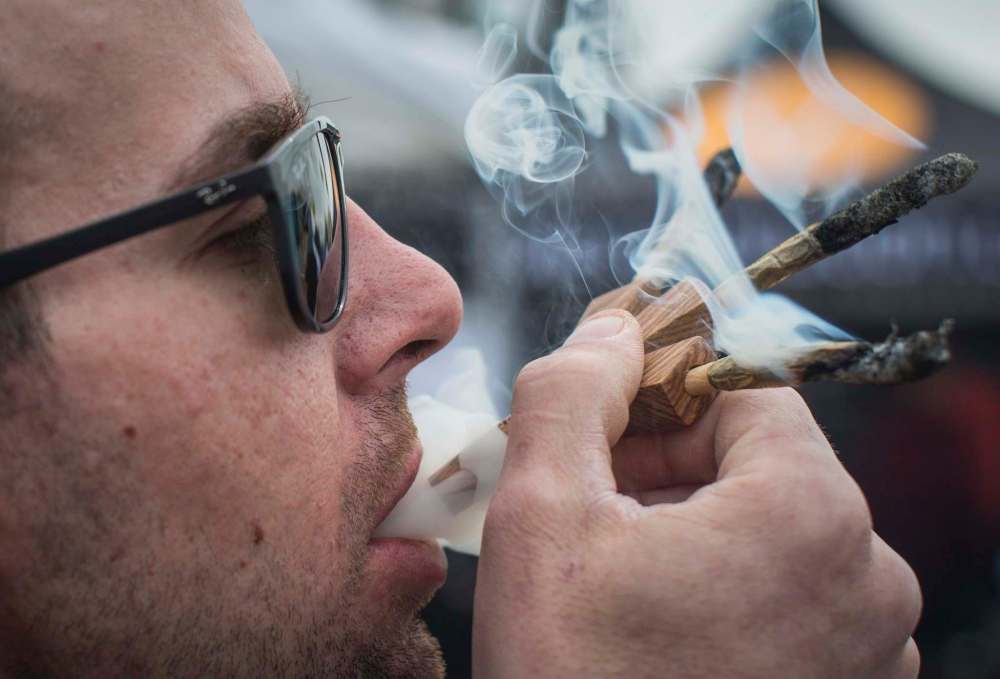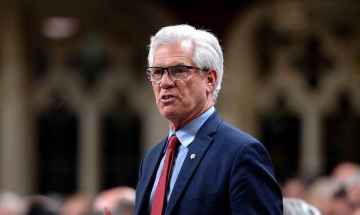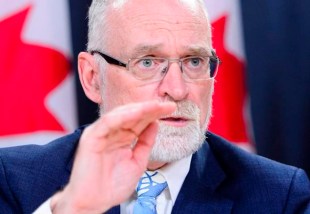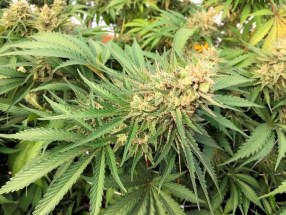Workplaces and weed: what to do next
Read this article for free:
or
Already have an account? Log in here »
To continue reading, please subscribe:
Monthly Digital Subscription
$0 for the first 4 weeks*
- Enjoy unlimited reading on winnipegfreepress.com
- Read the E-Edition, our digital replica newspaper
- Access News Break, our award-winning app
- Play interactive puzzles
*No charge for 4 weeks then price increases to the regular rate of $19.00 plus GST every four weeks. Offer available to new and qualified returning subscribers only. Cancel any time.
Monthly Digital Subscription
$4.75/week*
- Enjoy unlimited reading on winnipegfreepress.com
- Read the E-Edition, our digital replica newspaper
- Access News Break, our award-winning app
- Play interactive puzzles
*Billed as $19 plus GST every four weeks. Cancel any time.
To continue reading, please subscribe:
Add Free Press access to your Brandon Sun subscription for only an additional
$1 for the first 4 weeks*
*Your next subscription payment will increase by $1.00 and you will be charged $16.99 plus GST for four weeks. After four weeks, your payment will increase to $23.99 plus GST every four weeks.
Read unlimited articles for free today:
or
Already have an account? Log in here »
Hey there, time traveller!
This article was published 29/05/2018 (2758 days ago), so information in it may no longer be current.
No one would accuse the Pallister government of being soft on drugs. It has repeatedly lobbied its federal counterpart to push back the deadline for the upcoming legalization of marijuana. It has also found reasons to reject recommendations to establish safe-consumption sites in Winnipeg for the city’s growing number of people addicted to harder drugs, including opiates.
But like it or not – and, philosophically, the Pallister government clearly does not – cannabis will soon be legal, likely by the end of this summer or early autumn.

To its credit, Manitoba’s government seems to have accepted the inevitable and started thinking ahead, drafting a policy to govern cannabis use among its civil servants. If other employers, both public and private, are not drafting similar policies, they should be. The criminalization that supposedly restricted cannabis use in the workplace is about to be lifted, a change that will create some unique workplace dilemmas.
The province’s work on the issue is evident in a five-page draft policy from Manitoba’s civil service commission that was leaked to The Canadian Press.
For example, the draft policy mentions staff functions such as Christmas parties, where alcohol consumption is traditionally allowed. Will staff at work-related social functions be allowed to openly use cannabis? The draft policy for the province’s civil service says no.
The draft policy also posits different rules for storing alcoholic beverages and cannabis at work for later consumption on the employee’s free time. For example, an employee on her lunch break who buys a bottle of wine can store the unopened bottle at her desk, but she won’t be allowed to bring into the office the marijuana buds she legally purchased for use on her own time. And that’s only the beginning of questions all Manitoba employers will face.

Overt smoking of cannabis at the workplace can be neatly banned under the tobacco-smoking restrictions that already exist. But what about cannabis edibles? While it will be illegal for cannabis stores to sell edibles in Manitoba, cannabis cookies are easily made by anyone with access to an oven: can employees bring cannabis cookies to work or to “pot luck” workplace functions?
What about executives who have expense accounts on which they “wine and dine” important clients? If the client prefers weed to wine, can the company representative vape with the VIP and write off the reefer?
If the Manitoba government finds itself confounded by workplace policies around cannabis, it’s not alone.
The Canadian Human Resources Professionals Association surveyed more than 700 of its members in January and found a full 71 per cent of employers were not prepared for the legalization of cannabis.
A report titled Clearing the Haze: The Impacts of Marijuana in the Workplace recommends government sets a clear legal definition of “impairment” and the grounds under which an employee can be drug-tested. This remains a serious debate for employers, as cannabis chemicals remain in the bloodstream and employees who use the drug only after clocking out could fail a drug test even if they’re not under the influence at work.

The report also says provincial governments should co-ordinate recreational marijuana regulations as much as possible, so employers with a national workforce can easily adhere to the policies.
It’s incumbent on both employees and employers to be responsible about cannabis. For employers, this includes giving workers a clear cannabis-use policy before the drug becomes legal.
Workers have a right to know specifically what is, and isn’t, allowed at their office, plant and job site. If workplaces don’t yet have clear policies, the employers should get to work, and put in the overtime if necessary.






